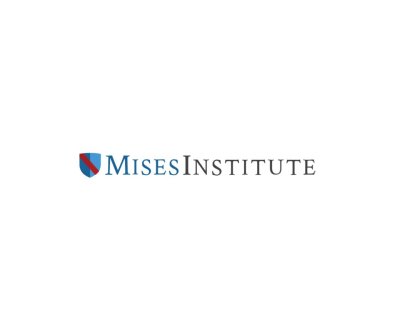The Limits of Catholic Social Teaching
The election of Pope Leo XIV has brought attention back to the pontiff from whom he took his papal name: Pope Leo XIII, who reigned from 1878-1903. Specifically, it has highlighted what the 13th Leo is most known for: the introduction of modern “Catholic Social Teaching,” which can be found in many of his writings, but most particularly in his famous encyclical 1891 Rerum Novarum.
Catholic Social Teaching holds an odd place in the panoply of Catholic teaching. Of course the Church has taught about social issues since her origins in the first century. In fact, the earliest non-biblical Christian writing, The Didache (written around 70-90 AD), condemned not only abortion but also “money-loving.” Applying to the world the moral teachings found in the Old Testament and in the words of Christ is an obligation and duty for the Church.
Yet “Catholic Social Teaching,” as it is commonly known today, is more than just a few statements about pressing social issues. Starting with Pope Leo XIII, it became a group of interrelated teachings addressing modern political and economic realities. However, even though the Pontifical Council for Justice and Peace issued a Compendium of the Social Doctrine of the Church in 2004, these teachings are often difficult to pin down and debatable as to their exact authority.
We know definitively, for instance, what the teaching of the Church is regarding the Blessed Trinity or the Assumption of Mary. These doctrines have been clearly defined and demand our a
Article from LewRockwell

LewRockwell.com is a libertarian website that publishes articles, essays, and blog posts advocating for minimal government, free markets, and individual liberty. The site was founded by Lew Rockwell, an American libertarian political commentator, activist, and former congressional staffer. The website often features content that is critical of mainstream politics, state intervention, and foreign policy, among other topics. It is a platform frequently used to disseminate Austrian economics, a school of economic thought that is popular among some libertarians.



